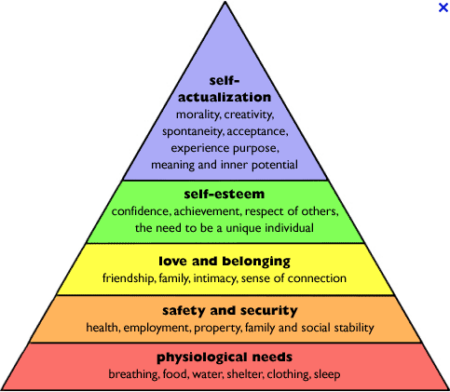Home News & Views Challenges and competitions for older people
Challenges and competitions for older people

Kate Sanders, Practice Development Facilitator, FoNS
I was watching the breakfast news on Saturday morning and was delighted to see the item about the world cycling challenge for people living in care homes. During September, 4,300 people took part in the competition across the globe, cycling a staggering 6,213 miles, which is more than twice around the world.
 I have seen the bikes in use first-hand at The Fed, in Prestwich, Manchester (one of the homes involved in the Teaching Care Homes Programme). Originally, The Fed agreed to be part of a research study, looking at the impact of regular use of the bikes by residents. Once the study was over and the bikes were removed, they were missed by the residents. Fortunately, a donation enabled the home to buy some and so once again the residents are happily cycling. When I visited, 3 residents were pedalling their way around the canals of Venice – accompanied by a number of other interested onlookers. It was great to see the residents ‘clocking up’ the miles, whilst also visiting places both familiar and new.
I have seen the bikes in use first-hand at The Fed, in Prestwich, Manchester (one of the homes involved in the Teaching Care Homes Programme). Originally, The Fed agreed to be part of a research study, looking at the impact of regular use of the bikes by residents. Once the study was over and the bikes were removed, they were missed by the residents. Fortunately, a donation enabled the home to buy some and so once again the residents are happily cycling. When I visited, 3 residents were pedalling their way around the canals of Venice – accompanied by a number of other interested onlookers. It was great to see the residents ‘clocking up’ the miles, whilst also visiting places both familiar and new.
But back to the idea of the world challenge. The opportunity to compete and rise to a challenge is an important part of life for many of us. Some may seek this through their work, others may look elsewhere, engaging in team sports, or individual activities such as running for example. There are also darts teams, snooker leagues, bridge competitions, dominoes champions etc. And what about those with a passion for gardening – growing the most beautiful dahlia, or the biggest marrow; or the cake-makers, the artists etc. I suspect the list of possibilities is endless.

I found myself looking at Maslow’s hierarchy of need and wondering where the world challenge would fit. It seems that it could provide an opportunity for new friendships, camaraderie and sense of connection as each resident contributes to the team effort (love and belonging); and also a sense of achievement and enhanced confidence (self-esteem). I also did a quick database search, trying to find some literature on older people and the role that competition might play in their lives. I didn’t come across anything obvious (although I realise my search could be flawed); however, I have been left with the following questions:
- What role does competition and challenge play in the life of older people, particularly those who are living in care homes?
- What wider opportunities could be created to engage older people in meaningful challenges and competitions?
I would love to hear your views
Comments are closed.

